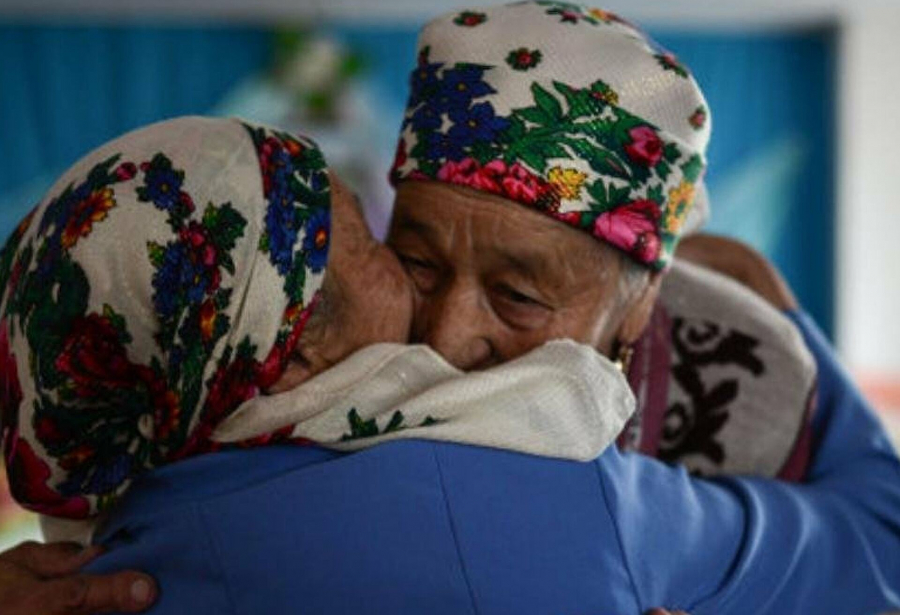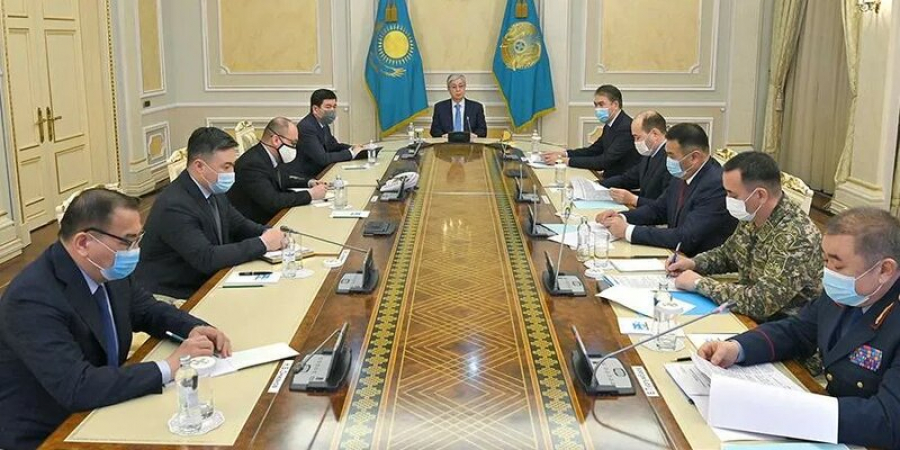
Astana has once again become the center of attraction for
chess enthusiasts. During the second international conference «Chess in
Education» domestic and international experts from the U.S., Europe, Asia, and
CIS countries discussed the importance of teaching the intellectual game in
schools. The parties intend to exchange experiences and best practices for
integrating chess into the educational process. According to experts, in the
age of digitalization and artificial intelligence, the skills and abilities
developed through chess are invaluable. Over 700 schools in Kazakhstan have
applied to introduce the «Fundamentals of Chess» class into their educational
programs for first grades. In 350 institutions, classes will start from the new
academic year, as announced by First Vice President of KazChess Darmen
Sadvakasov. Teachers are also receiving training in this subject. As of today,
200 teachers have completed the relevant courses in the country.
«We are implementing a chess program in schools on the
instruction of the Head of State. The government has provided full support and
approved a Comprehensive Plan for the Development of Chess until 2027, which
includes integrating chess into schools as an elective. Last year, we launched
a pilot project with the support of the Ministry of Education, involving 42
schools across seven regions of Kazakhstan, which has proven successful. We
plan to expand the initiative this academic year, starting in September,» said
Sadvakasov.
«We want to expand the base so that all students
in the country understand chess, but much more than that. That they're using
chess to learn how to think critically and to think creatively and learning how
to communicate and collaborate. Those are the 4 C’s of 21st century skills, and
those are the skills that they need to be successful. Chess, as a tool for
education, becomes that basis by which even there is an economic impact on the
country because students are now equipped to enter the workforce,» said Jerry
Nash, the chair of the FIDE Chess in Education Commission.









